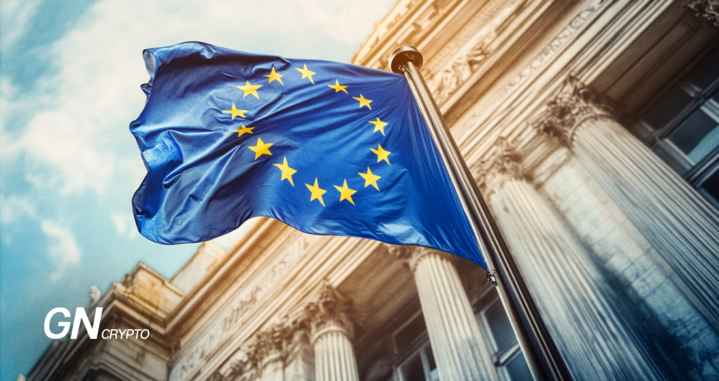Intel Dodges $1.14 Billion Fine

The European Court has annulled the $1.14 billion fine that the European Commission had imposed on Intel, accusing the company of breaching antitrust laws. The case, which began in 2009, saw numerous restarts as both parties challenged interim rulings.
On this page
The European Court has annulled the $1.14 billion fine that the European Commission had imposed on Intel, accusing the company of breaching antitrust laws. The case, which began in 2009, saw numerous restarts as both parties challenged interim rulings.
According to the regulator, Intel allegedly offered discounts to major computer manufacturers such as Dell, Lenovo, and HP to reduce the market presence of its competitor, Advanced Micro Devices (AMD). However, the court found that there was insufficient evidence to substantiate these claims.
The (European) Commission’s analysis is incomplete and does not make it possible to establish to the requisite legal standard that the rebates at issue were capable of having, or likely to have, anticompetitive effects
the court’s ruling reads.
The fine had originally been overturned in January 2022, but the European Commission quickly appealed, halting the initial decision. Notably, after years of legal proceedings, some lower courts that had previously sided with the regulator eventually ruled in Intel’s favor.
Although Intel welcomed the ruling, the company is set to continue its legal dispute with the European Commission over another case. Last year, the chipmaker was fined $416 million for allegedly abusing its dominant position in the x86 processor market.
The legitimacy of such fines has been a contentious issue for many years. The business community has long called for thorough economic evaluations of the consequences of any alleged violations before issuing penalties, preferably conducted by multiple groups, to avoid mistakes and unfair accusations.
Regulators currently use the As-Efficient-Competitor (AEC) test to assess whether a company’s actions stifled competition. However, as this case demonstrates, the test is not foolproof, or the regulator may have simply miscalculated.
The content on The Coinomist is for informational purposes only and should not be interpreted as financial advice. While we strive to provide accurate and up-to-date information, we do not guarantee the accuracy, completeness, or reliability of any content. Neither we accept liability for any errors or omissions in the information provided or for any financial losses incurred as a result of relying on this information. Actions based on this content are at your own risk. Always do your own research and consult a professional. See our Terms, Privacy Policy, and Disclaimers for more details.

























